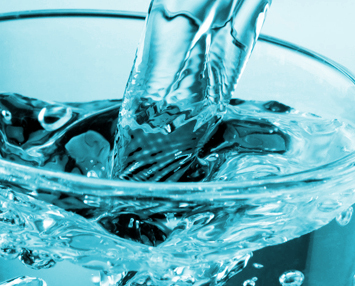Water weighed in kidney response
 The role of water in managing polycystic kidney disease has been tested.
The role of water in managing polycystic kidney disease has been tested.
Autosomal Dominant Polycystic kidney disease (ADPKD) is a common genetic disease that affects 10,000 Australians.
Young people with this condition get many tiny cysts (sacs of fluid) in their kidneys. The kidney cysts slowly grow over time and cause pain, high blood pressure and kidney failure.
In Australia, about 2,000 people with ADPKD have kidney failure and need dialysis or a kidney transplant to live.
Doctors have believed for many years that drinking extra water might slow the growth of kidney cysts and may be a simple treatment for ADPKD. This is because a brain hormone called vasopressin makes kidney cysts grow. Drinking more water reduces vasopressin and may slow the growth of kidney cysts.
Experts have now tested this idea in a 3-year clinical trial.
In the study, one group of people were advised to drink a personalised volume of extra water per day to keep a low urine concentration and compared to another group who did not change their usual intake.
The growth of kidney cysts was measured regularly over the 3 years by a magnetic resonance imaging scan.
The results showed that drinking extra water beyond their usual intake was safe in all people but did not make a difference to the growth of kidney cysts.
Most people in the study were already drinking about 2-2.5 litres of fluid daily. In addition, people in the intervention group found it challenging to drink the extra amount of water prescribed for consumption on a daily basis over the 3 years.
These factors may explain the lack of difference between the two groups.
The researchers say the results of this study will still make a big difference to the day-to-day lives of people with ADPKD, who have been confused and anxious about how much fluid to drink.








 Print
Print